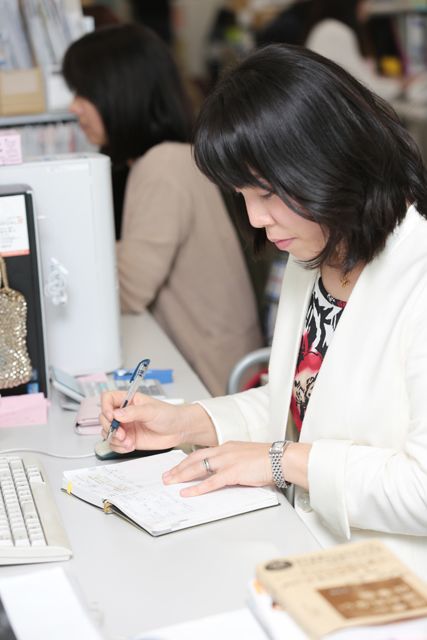
Habu Sachiko: Balancing Work and Family Is Not an Issue for Women Only
Society- English
- 日本語
- 简体字
- 繁體字
- Français
- Español
- العربية
- Русский
Diversity as a Strength
INTERVIEWERWhy has it been so difficult for Japan to move away from the old model of long work hours?
HABUEquating long hours with employee productivity is an outgrowth of Japan’s postwar economic success and has become thoroughly entrenched in corporate culture. A person who leaves the office at three in the afternoon due to family obligations, for example, would be seen as a misfit and regarded with disdain. There is little sympathy for workers who don’t adhere to the majority view.
But what if we judge an employee’s worth by their total output instead of just overtime? Would we then still consider a desk jockey who stays late without substantial output an ideal worker? This raises questions about how efficiency and motivation are measured under the current model.
Efforts are underway to reform the system, but these suffer from a strong tendency to frame the challenges of balancing work and family solely as a women’s issue. In 2015 I helped draft recommendations as a member of the Cabinet Office’s advisory panel on measures addressing Japan’s declining birthrate. The group proposed a wide range of ideas on childcare, but almost exclusively in reference to the role of women. I lobbied to include language specifying the roles men and companies should play. Doing so helped to highlight the degree to which household and parenting duties were assumed to fall to wives and mothers. The final recommendations we issued included measures to promote changes in male attitudes and behavior.
Even at Nikkei Dual we’ve had to be careful not to perpetuate gender assumptions. When the site first started I swapped the words “mother” for “father” in an article to see how it would affect the tone. Interestingly, the piece was no longer about the trials of working parents but those of a single-parent household. Mothers, in the original article, were expected to pick a child at daycare and rush home to get dinner ready, but putting a father in charge of these duties erased all hint of there being another parent. The article unwittingly put the onus on women to balance career and family. This is something we’ve been careful to avoid since.
 Habu at Nikkei Dual’s Tokyo office. (© Suzuki Aiko)
Habu at Nikkei Dual’s Tokyo office. (© Suzuki Aiko)
In my management capacity at Nikkei Dual, I sense how male-centric the business world is. At times it can feel like working in an all-men’s club.
Prime Minister [Shinzō] Abe has pledged to empower women, but the proportion of female executives remains small, and boardroom chauvinism endures. A woman at a management meeting may find banter taking on a distinctly male tone but feel powerless to do anything about it.
The government has set a target of raising the ratio of women in executive posts to 30% by 2020. Progress is being made on this front, but there is concern that the quota will be meaningless if not coupled with workplace reforms that enable employees with domestic commitments to work to their full potential.
A Broader Scope
INTERVIEWERWhat are the issues that your site will be addressing in the future?
HABUThe name Dual reflects the site’s aim of reaching out to working parents of both genders. We didn’t want to create a women-only community, and from the beginning a third of our readers have been men. This has been a defining aspect of the site and something I’m very proud of.
Going forward, we hope to help break down many of the stereotypes and biases propagated in the mass media. People have all too common been painted with broad brushstrokes based on age or gender, but society is very diverse, and the language we use should reflect this.
For example, middle-aged women have long been lumped into the same basket. But those of us who have made sacrifices to balance careers and family are a varied lot. Such generalizing fails to acknowledge the distinct talents and experiences of working women, as well as their considerable social and economic clout.
We want women to be proud of their accomplishments and will continue to provide a wide range of content to help create a stable work-life balance that will serve them throughout their careers.
(Originally written and published in Japanese on September 28, 2017, based on an interview by Takagi Kyōko and Itakura Kimie of Nippon.com. Photos by Hashino Yukinori of Nippon.com except where otherwise noted.)


